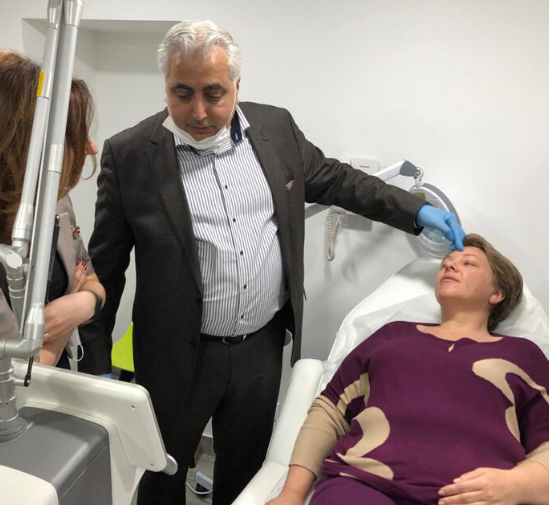 5th March 2018
5th March 2018
Melasma – What is it? Why do we get it? And how can we treat it?
Often referred to as ‘chloasma’, Melasma is a skin condition common in adult women that possess darker skin tones, although it can affect people of any genders and race. It is characterised by the appearance of skin pigmentation of light to dark brown colouring, sometimes even grey, and usually around the face.
Those living in sunnier climates tend to be more susceptible to melasma, with the condition presenting itself more prominently throughout the Summer months in comparison to noticeable improvements throughout winter. Although it presents no immediate threat to the sufferer, it can be rather unsightly to live with, having adverse effects on your self-confidence and your mental wellbeing on the whole.
Melasma is not contagious, nor is it an infection or a result of an allergy. As well as this, it isn’t cancerous, neither will it develop into skin cancer.
What causes Melasma?
So exactly what is it that causes Melasma, then? To put it simply, there is no definitive answer to this question. An exact cause isn’t known but contributing factors have been determined. Changes in your hormone levels have a significant impact, which is why pregnancy, hormonal drugs and certain medical conditions that alter your hormone levels all contribute.
Even some cosmetics and perfumes can trigger the appearance of Melasma. Other than this, some research suggests that stress can play a part, while sunshine and the use of sun beds can certainly worsen the condition. If it is known to run in your family, this can increase the probability that you will suffer as this suggest an inherited tendency.
What cures Melasma?
While there is currently no concrete cure, there are treatment options available to improve your condition, and in some cases, it has been known to clear up of its’ own accord. Melasma brought on through pregnancy has been known to resolve itself just months after the delivery of the child, but this is not certain.
For effective, long-term results, get in touch with Dr Firas and book your consultation at his London-based practice at the heart of the iconic Harley Street. As a leading dermatologist, he offers highly advanced laser pigmentation treatment for the face, hands and anywhere else on the body. This is a safe and effective skin rejuvenation treatment.
Back to blog





